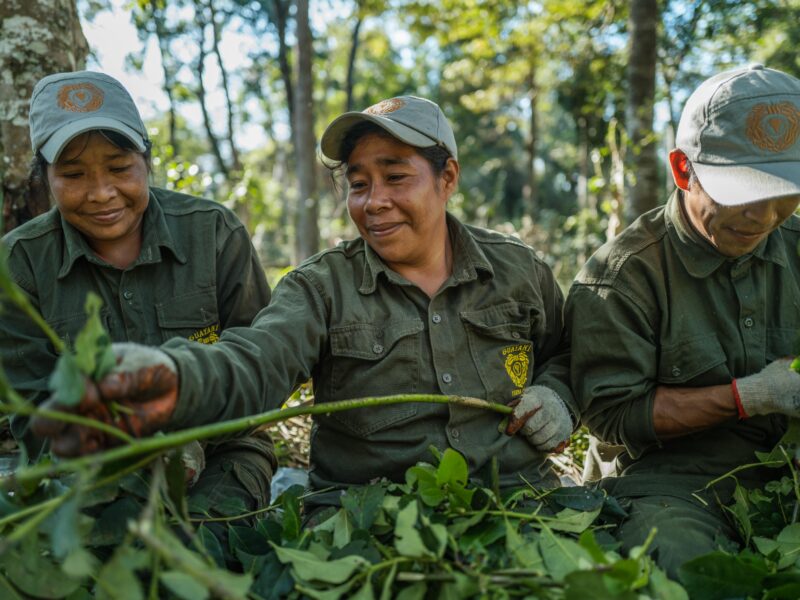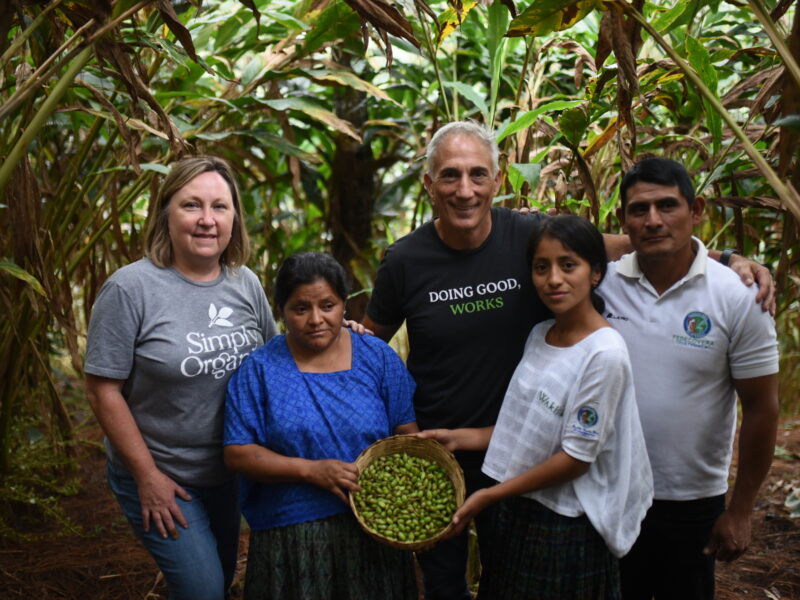In a world where climate change is at the forefront of global concerns, every action we take matters. From the way we commute to the products we buy, our decisions affect the health of the planet. One often overlooked aspect of this is our food choices – what you put on your plate can have a big impact on greenhouse gas emissions and environmental sustainability in general.
At Organic Voices, we’re passionate about promoting sustainable living through organic practices. One area where we can make a huge difference is in our dining habits. Here’s how your food choices can drastically reduce emissions and contribute to a healthier planet:
- Choose organic. Opting for organic foods means supporting agricultural practices that prioritize soil health, biodiversity, and reduced chemical usage. Organic farming methods help sequester carbon in the soil, lessening the effects of climate change. Additionally, organic farms tend to have lower greenhouse gas emissions per acre than conventional ones.
- Eat locally. Buying produce that’s grown nearby reduces the carbon footprint associated with transportation. When you support local farmers and producers, you’re not only investing in your community, you’re also cutting down on emissions from long-distance shipping.
- Reduce meat consumption. Animal agriculture is a major contributor to greenhouse gas emissions, particularly methane and nitrous oxide. By reducing your consumption of meat and dairy products or opting for plant-based alternatives, you can significantly lower your carbon footprint. Even small changes, like participating in Meatless Mondays, can make a difference.
- Minimize food waste. Food waste is a significant issue worldwide, accounting for a large portion of greenhouse gas emissions. By planning your meals, properly storing leftovers, and composting organic waste, you can help reduce methane emissions from food decomposing in landfills.
- Support sustainable fisheries. Overfishing and unsustainable fishing practices, such as overfishing, contribute to the depletion of marine ecosystems and biodiversity loss. The choice of sustainably sourced seafood, typically labeled “wild caught,” helps protect vulnerable species and ensures the long-term health of our oceans.
- Embrace seasonal eating. Consumption of food in season reduces the energy required for storage and transportation. It also supports local farmers and encourages biodiversity in agricultural systems.
Our conscious decisions about what we eat can have a positive impact on the environment. At Only Organic, we believe in the importance of green dining and its role in creating a more sustainable future. Together, let’s choose foods that nourish our bodies and the planet.
Join us in our mission to promote organic living and sustainable agriculture. Together, we can make a difference, one meal at a time.









